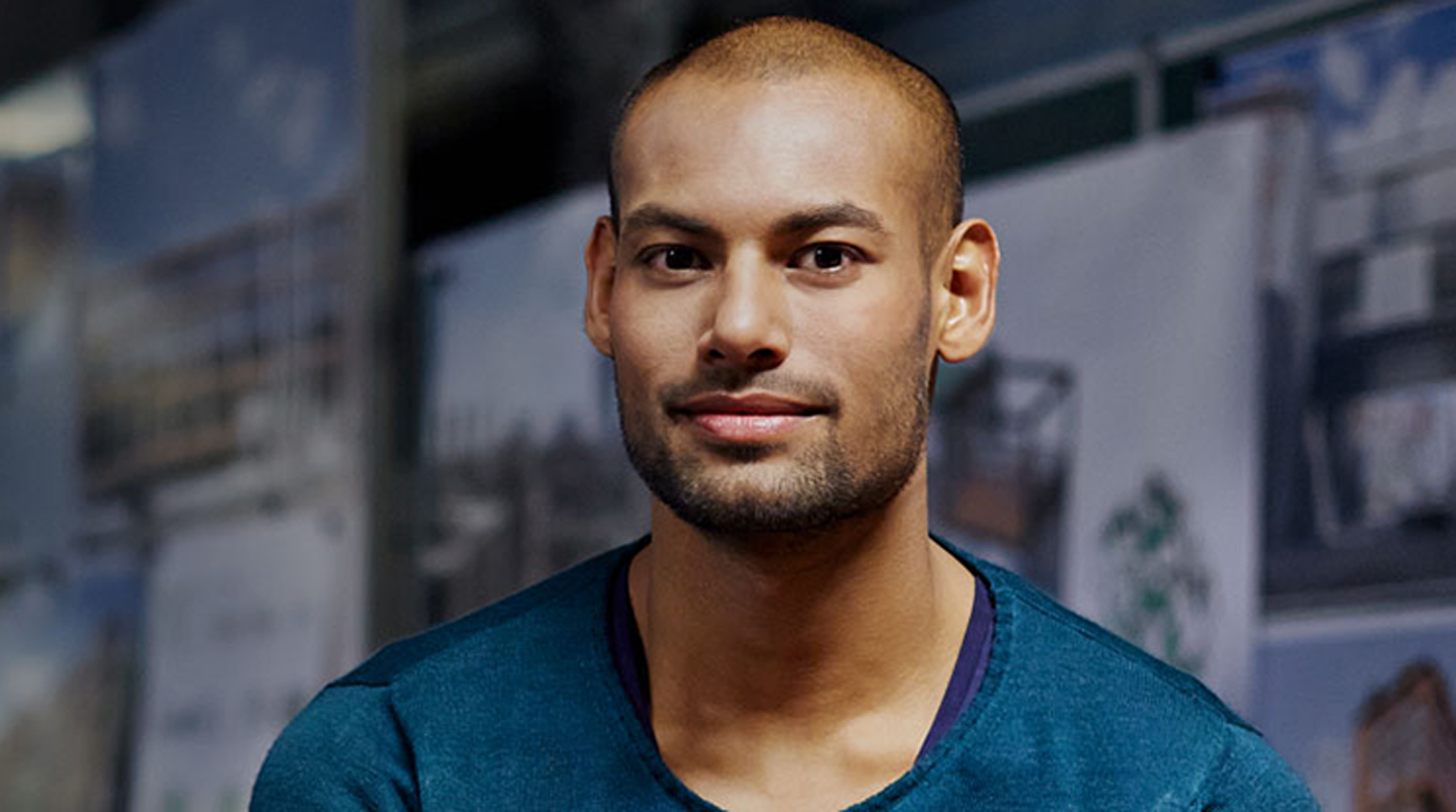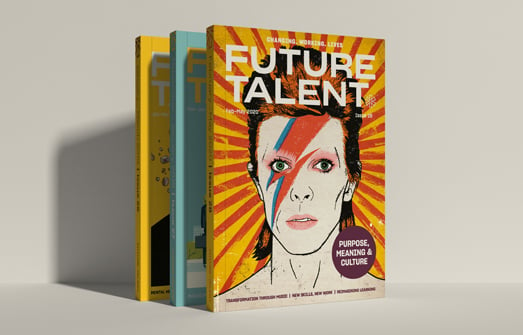Jim Carrick-Birtwell 00:11
Hello, everybody, welcome or welcome back to Future Talent Conference 2021.
We're at the start of a second four hour session. Now I appreciate we've got well over 1000 people joining us from all over the world. I think we're up to 50 odd countries. I appreciate we're all we were just having a little conversation behind the scenes before we went live with with Tim, who's gonna be our emcee and Nilofer our next guest speaker about different levels of caffeination.
I appreciate there are different levels of caffeination going on in our audience all around the world. And that's a very exciting thing. In terms of the session we've had earlier, there were some amazing speakers that actually the thing I took away from it, the theme for our conference and the conversation that we're having today is transforming skills and inclusion.
And I mentioned as well, that cognitive diversity was a particular angle on inclusion that we were really keen to explore. And what's so impressed me by all the different talks that we had earlier on.
Were the fact that I guess the call to action that that I've made about the referencing my tutor from college saying get beneath the jargon, rhetoric without meaning is nonsense, make sense of it. And actually, that was the overarching theme that came across there were so many different angles and perspectives that we're trying to make sense in very real terms of these huge challenges that we face that you know, I quoted Martin Luther King earlier. There. Is a fierce urgency of now, the challenges that we have, whether they are how do we make sure that we are including more people who've previously been left out, disenfranchised from our workforces?
There are pressures from investors from ESG to make these changes, but more than that, there are pressures from all parts of the world. And all generations, people are coming together in allyship, to say, we have to do better.
I think from a skills perspective, we've also learned that we've all got so much to learn. And the thing that I took away again from the session earlier, was in a nutshell, we've got to unlearn so much. That got us to this point in our lives, both as individuals and as leaders in organisations. And that's, that's kind of a big mindset to get our heads around. And if I think about my own background, here I am today speaking to 1000 people or more live from my own living room.
And actually I had some amazing comments earlier people saying you know, really enjoyed what you said but it's maybe helpful to share that. When I first went to college, I had beatable you know for come from a you know, a family, lots of love, lots of conversation around the table, but I didn't know how to translate how to have conversations with the kind of characters I shared earlier.
You know, this was my family to go to university, ended up going to Oxford University. And I was amazed at how easy everybody could talk about anything. And I thought, how do they do that? And I went to work studying, thinking, learning, observing, how do they talk?
I said that to my kids, because they see me, you know, 20, 30 years later talking - can't shut me up, but actually sharing the fact that I've had to go to work and put that together.
And actually that's had to be applied time and time again. I mentioned also recently, I've had the privilege of working with RADA business who've helped take my confidence to speak in a setting like this to a completely new level. So I think what the pandemic has shown us is that we have to be learning new skills before the pandemic. We could get by if we were running a
successful seat desk function business as long as the p&l added up, everybody was okay.
Kind of no real flies on us. Actually, since then, the demands the bar has gone higher on the capabilities of managers and leaders. It's Can you be a caring leader? Can you be a vulnerable leader? Can you be an empathetic leader? Can you be an inclusive leader? Do you know what that means? And this is forcing many, many people, leaders, managers to rethink.
Now that's a really good thing. I think that hopefully the conversations that we're having and the vulnerability that people are sharing gives you the confidence as individuals, as managers, as leaders, to think differently about how we chart through this very, very important time.
My final point would be actually we've got an amazing lineup of speakers, and they are, they are change agents. They are people who you know, gardening is a great passion and other learning in later life. One of the great things about gardening is you get to learn that you have to prune back and allow things to die and a natural recycle of rebirth comes in and that's how I like to think of change and transformation.
We have to prune we have to let go so that green shoots can come up and we can get things growing that we never imagined.













